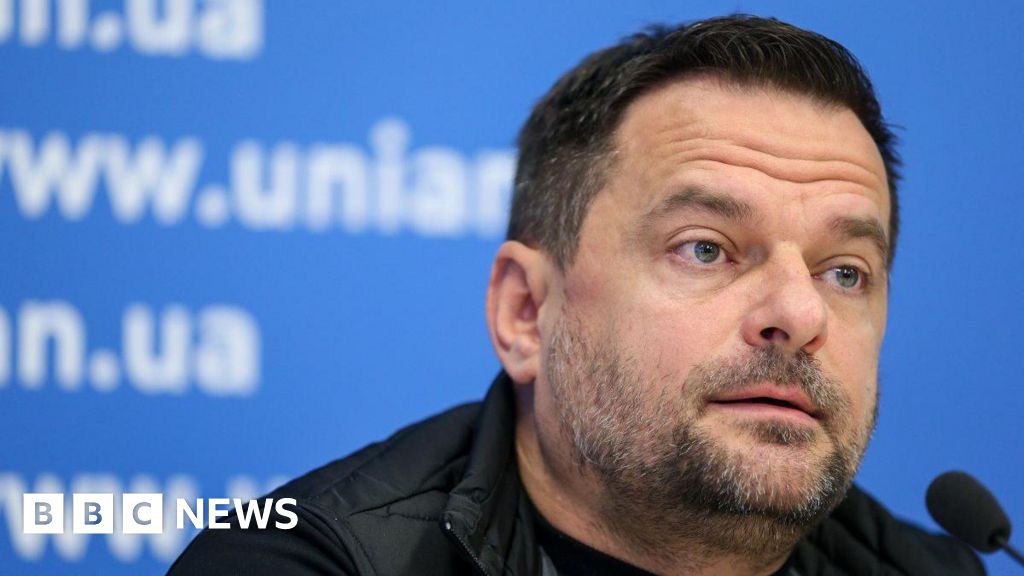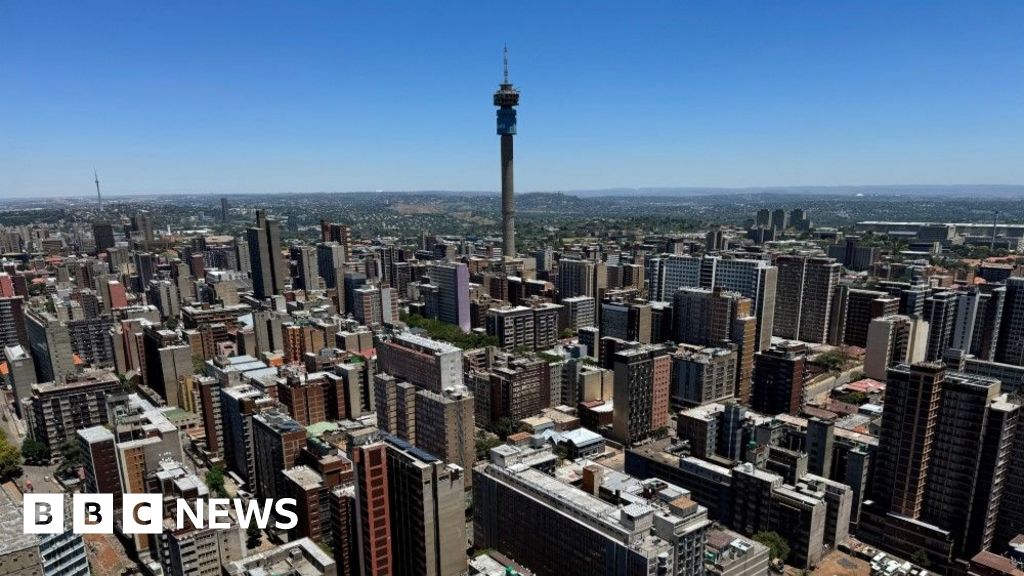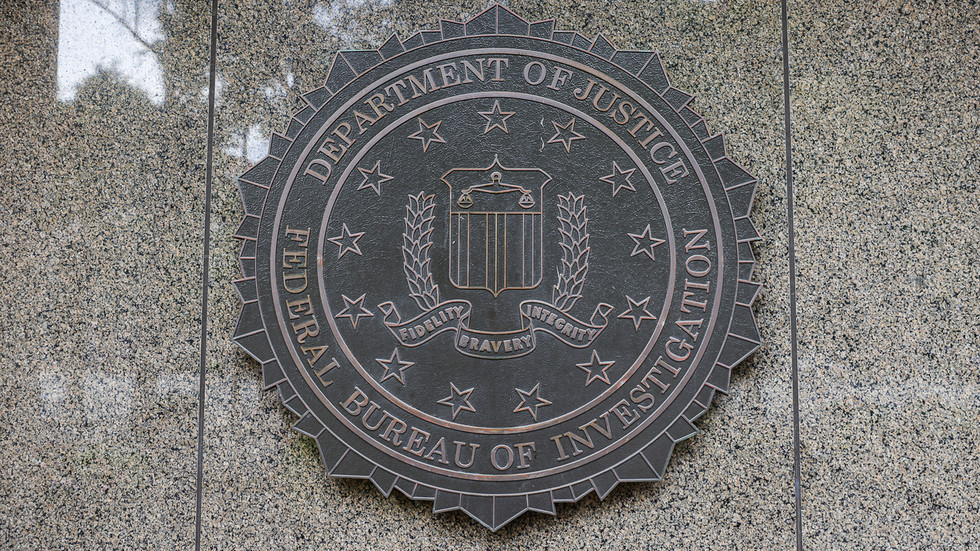The Georgian ruling party's 'foreign influence' bill is meant to keep foreign-financed NGOs in check before the October elections. The same law with a slightly different name was pulled out last year among massive rallies and diplomatic condemnations by the EU and the US.
The so-called "Russian law" is to play a crucial role before next October's Georgian parliamentary elections.
The ruling party, Georgian Dream, is willing to reduce drastically the political weight of the NGOs that have been receiving funding from abroad, especially from the EU and the US.
Through the formally defined "foreign influence" law, the Kremlin-friendly Georgian government and parliamentary majority aim to force the NGOs that receive more than 20% of funding from abroad to register as "foreign agents".
A number of international human rights NGOs with a presence in Georgia, including Transparency International and Human Rights Watch, will be listed on a mandatory public record and declare themselves as "foreign financed structures".
Why is this important?
Both profit and non-profit organisations that receive outside funding and sign contracts or legal agreements are already registered with the Ministry of Finance as an ordinary legal measure for tax purposes.
However, according to the new "foreign influence" law, NGOs must declare themselves as "foreign bodies" and provide details about who is allocating the financing.
This immediately raises the question: if the Ministry of Finance already has information concerning where the funding comes from, why force the organisations to register again and label it as influenced by foreign actors?
According to the law's critics, the answer is simple: in legal and political controversies, they can be accused of acting against the national interest of the country where they operate.
Hundreds of thousands of Georgian citizens have been taking to the streets of Tbilisi for weeks, asking the government to withdraw the bill.
The protesters regard the definition of "foreign influence" as too ambiguous, and the wording looks unfit for a legal document according to the rule of law principles.
In Georgian society's eyes, the bill is incredibly similar to a law that entered into force in Russia in 2012, when the Russian Federation initiated a clampdown on public freedoms and civil rights.
How does the ruling party justify the move?
The ruling party's explanations about the law's purpose have disquieting echoes in pro-EU and pro-Western public opinion.
"The financing of NGOs, which presents itself as help for us, is in reality for strengthening (foreign) intelligence agencies, and for bringing them to power," Bidzina Ivanishvili, the billionaire oligarch chairman and founder of the Georgian Dream party, said last month at the beginning of the parliamentary process of the draft bill.
He also said that the law would prevent the Western "global party of the war" from interfering in Georgian politics.
Ivanishvili has had an erratic relationship with the EU and Russia. When his political force came to power in 2012, he encouraged Georgia's application to join the EU, yet two years ago, the European Parliament proposed measures against Ivanishvili for helping the Kremlin avoid the EU sanctions.
Georgia is an EU candidate country, but Tbilisi didn't join the bloc's sanctions against Moscow.
Zourabishvili as the counterweight
The former Soviet Republic in the Southern Caucasus has been living a precarious geopolitical existence since its independence in 1991.
It was defeated in a war with Russia in 2008, with the runaway Kremlin-backed para-state of Abkhazia currently occupying some 20% of its territory. Since then, the various Georgian governments have had to strike a balance between Moscow and the West.
Georgian Dream's Irakli Kobakhidze, a proxy of Ivanishvili, is the current prime minister.
According to the protesters who have been opposing the so-called "Russian law", both political leaders are pro-Russians and are working in the Kremlin's best interest.
President Salomé Zourabishvili is outspokenly against the law, yet her veto power is ineffective if the draft gets the approval of 76 MPs, allowing the parliament to override it.
In turn, Zourabishvili has turned into an informal guarantor of Georgia's European and Western commitments.
A former French diplomat of Georgian origins, the president has distanced herself from Ivanishvili and started making an independent policy, entering into collision with the executive.
With domestic political polarisation at its highest, the general elections scheduled for next October are set to become the turning point of the Georgian geopolitical swing.
The opposition is weak and divided, and the citizens keep spontaneously gathering for mass pro-EU rallies.
The NGOs should become the guarantors of the transparency of the electoral process.
If the president falls, the balance is gone
At the institutional level, Zourabishvili has taken the strongest and the most meaningful critical stance. Yet, as of next December, there could be a new president.
According to a constitutional amendment, the president's election has now been handed over to the parliament.
By showing up in thousands to the ongoing protests, the Georgians are massively showing their commitment to the EU in Tbilisi and might be the driving force that could swing the country westward. Yet, the ruling party will try to receive the needed electoral support from the rural areas.
There is a concrete risk that Georgia could lose its fragile stability, which would further fuel the ongoing tensions between the West and Russia.
If an openly pro-Western government were to win the October elections, it would be a major setback for the Kremlin in the Southern Caucasus.

 8 months ago
29
8 months ago
29









